The Fantasy on popular opera themes was one of the most admired genres of piano music in the first half of the nineteenth century. They were written and performed by virtuoso pianist-composers, and the genre enjoyed much popularity among concert-goers.
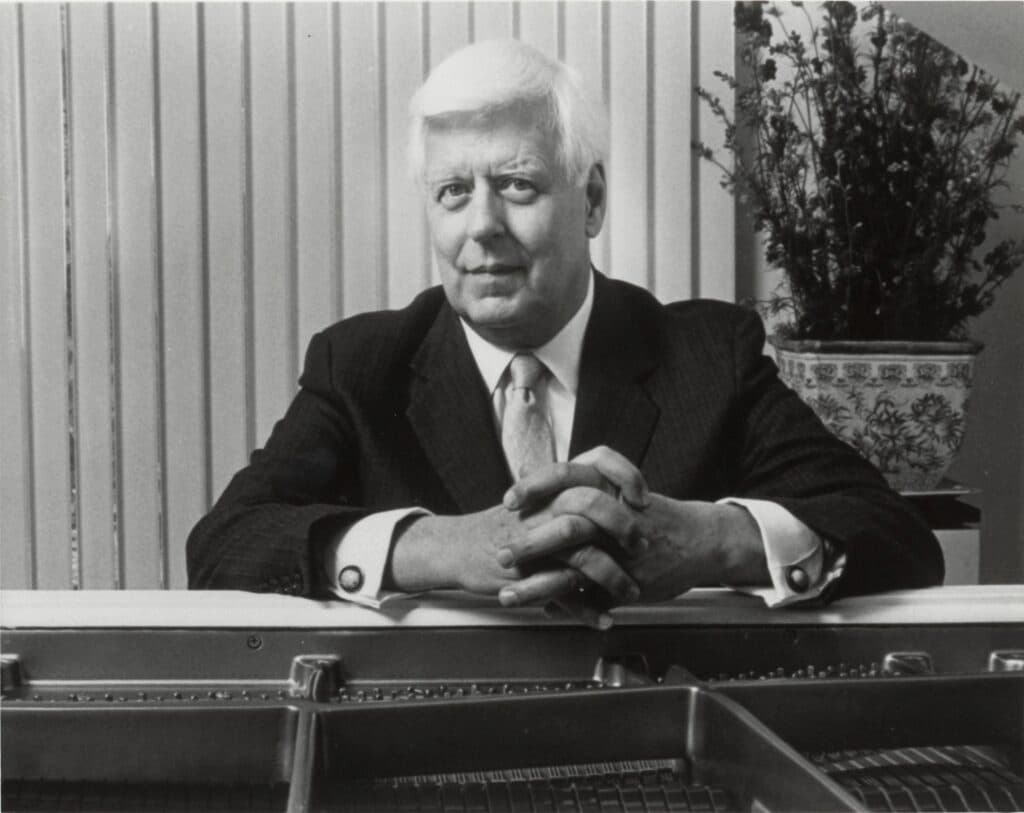
Earl Wild
And at the head of the class was Franz Liszt, who turned the operatic fantasy into a symphonic poem for the piano. Liszt was looking to create orchestral effects on the piano to represent multiple instruments and vocal characteristics. The opera fantasy became an independent genre and a vehicle for bravura display of his own abilities as a pianist.
Earl Wild: Grand Fantasy on Porgy and Bess “Introduction” (Earl Wild, piano)
Franz Liszt
Liszt composed about 50 such Fantasies based on the most current and most popular operatic fares. Of course, they are devilishly difficult to play in a technical sense, but they also try to convey the dramatic essence of the opera.
Liszt generally relies on one or two motivic groups and the insightful combination of juxtaposing motives. He certainly integrates bel canto lyricism and orchestral sonorities to achieve an overarching dramatic aspect.
Earl Wild: Grand Fantasy on Porgy and Bess “Jasbo Brown Blues” (Earl Wild, piano)
Earl Wild
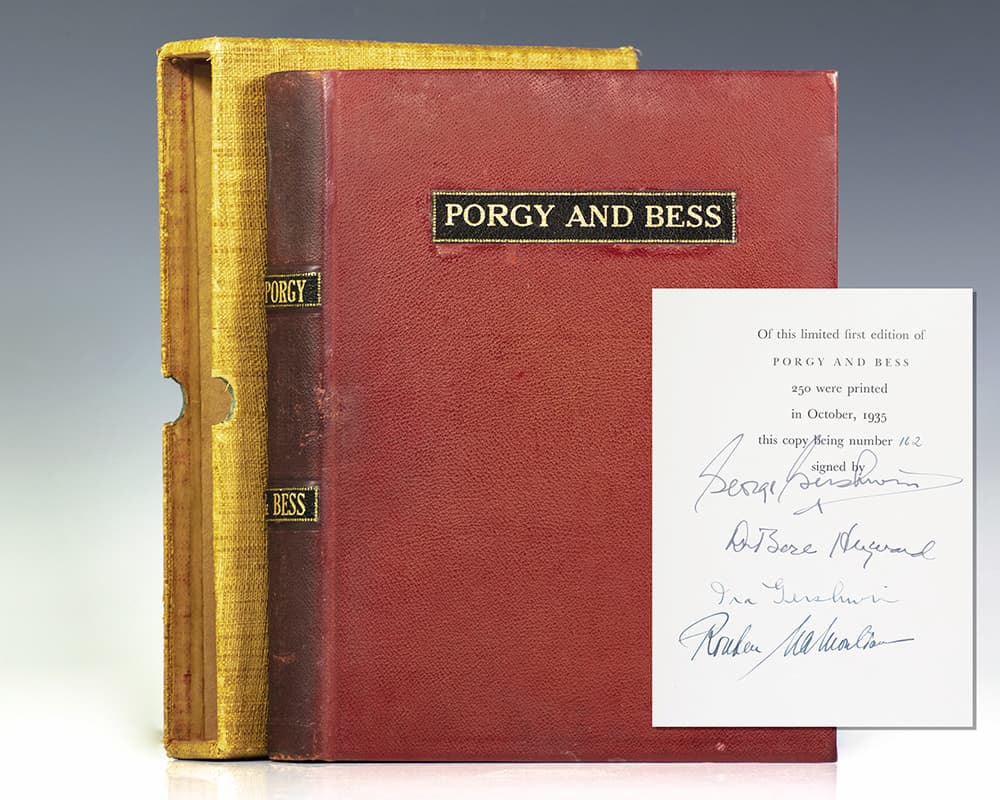
First edition of Gershwin’s Porgy and Bess
Franz Liszt brought popular music and high art together without compromising either idiom. And the same is true of Earl Wild, whose “Grand Fantasy on Airs from Porgy and Bess” was the first extended piano paraphrase on an American opera.
Earl Wild (1915-2010) was one of the greatest pianists of the 20th century. He carried an immense repertoire, staggering virtuosity, and performed with legendary warmth and charm. Wild was a great improviser, who frequently played his own fantasies in his concerts.
Earl Wild: Grand Fantasy on Porgy and Bess “Summertime” (Earl Wild, piano)
George Gershwin
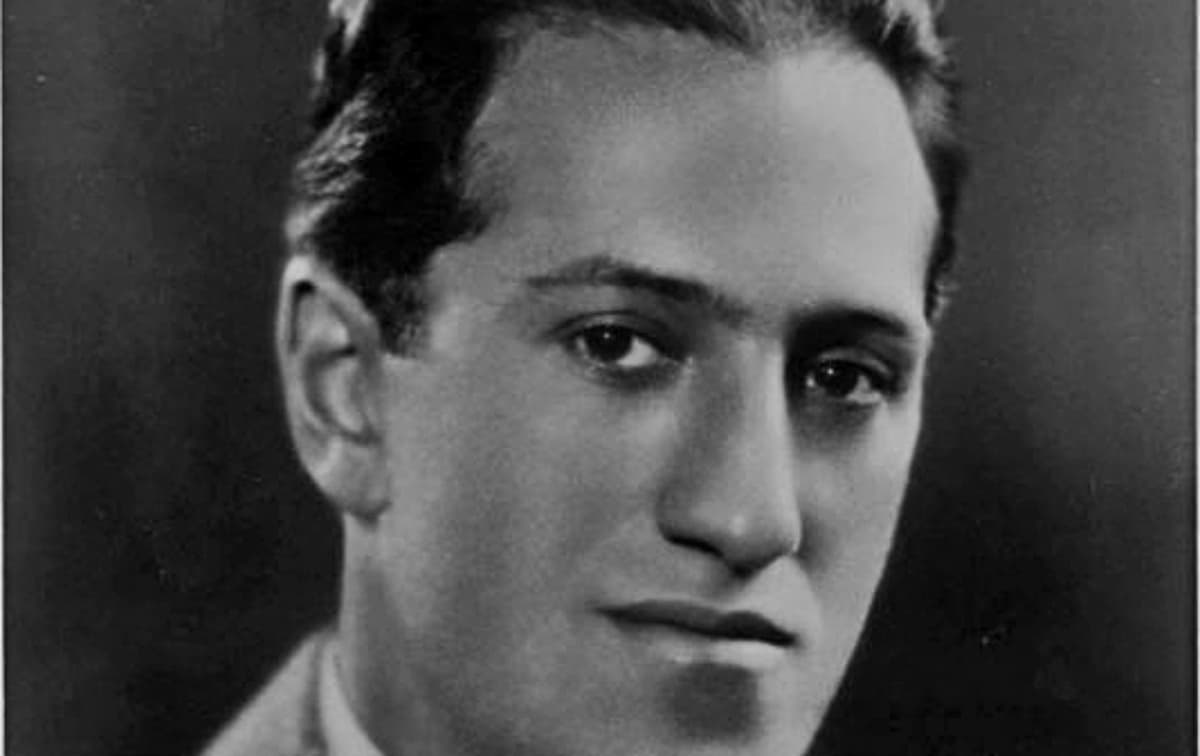
George Gershwin
Wild’s approach is very much along the lines of the 19th Century virtuoso who used the Fantasy as a vehicle for his near-superhuman technique. However, we also find a gifted composer who finds a balance between outrageous virtuosity and honouring the simple beauty of many of Gershwin’s themes.
George Gershwin called Porgy and Bess a folk opera. As he wrote, “Because Porgy and Bess deals with Negro life in America, it brings to the operatic form elements that have never before appeared in opera, and I have adopted every method to utilize the drama, the humour, the superstitions, the religious fervour, the dancing and the irrepressible high spirit of the race. If in doing this I have created a new form which combines opera and theatre, then this new form has grown quite naturally out of the material.”
Earl Wild: Grand Fantasy on Porgy and Bess “Oh, I can’t sit down” (Earl Wild, piano)
Porgy and Bess
Porgy and Bess was composed in 1935 and is set amongst the African-American community living in Catfish Row, a fictional impoverished slum of Charlotte, South Carolina. It tells the story of Porgy, a disabled beggar, and his attempt to save Bess from her possessive and violent man, Crown. The triggering action is Crown killing a man during a brawl, an incident that forces him to flee and hide from the police.
Nobody is willing to house Bess, but eventually Porgy offers her some shelter. As love blossoms, Crown returns to forcibly take his woman back, but eventually, in a confrontation with Porgy, he gets killed. With Porgy arrested and brought to jail, Bess has nobody left in town and resigns to accept a proposal to go to New York. However, Porgy is not convicted and he is released soon. The opera closes with him leaving for the Big City determined to find his Bess.
Earl Wild: Grand Fantasy on Porgy and Bess “My man’s gone now” (Earl Wild, piano)
Folk Opera
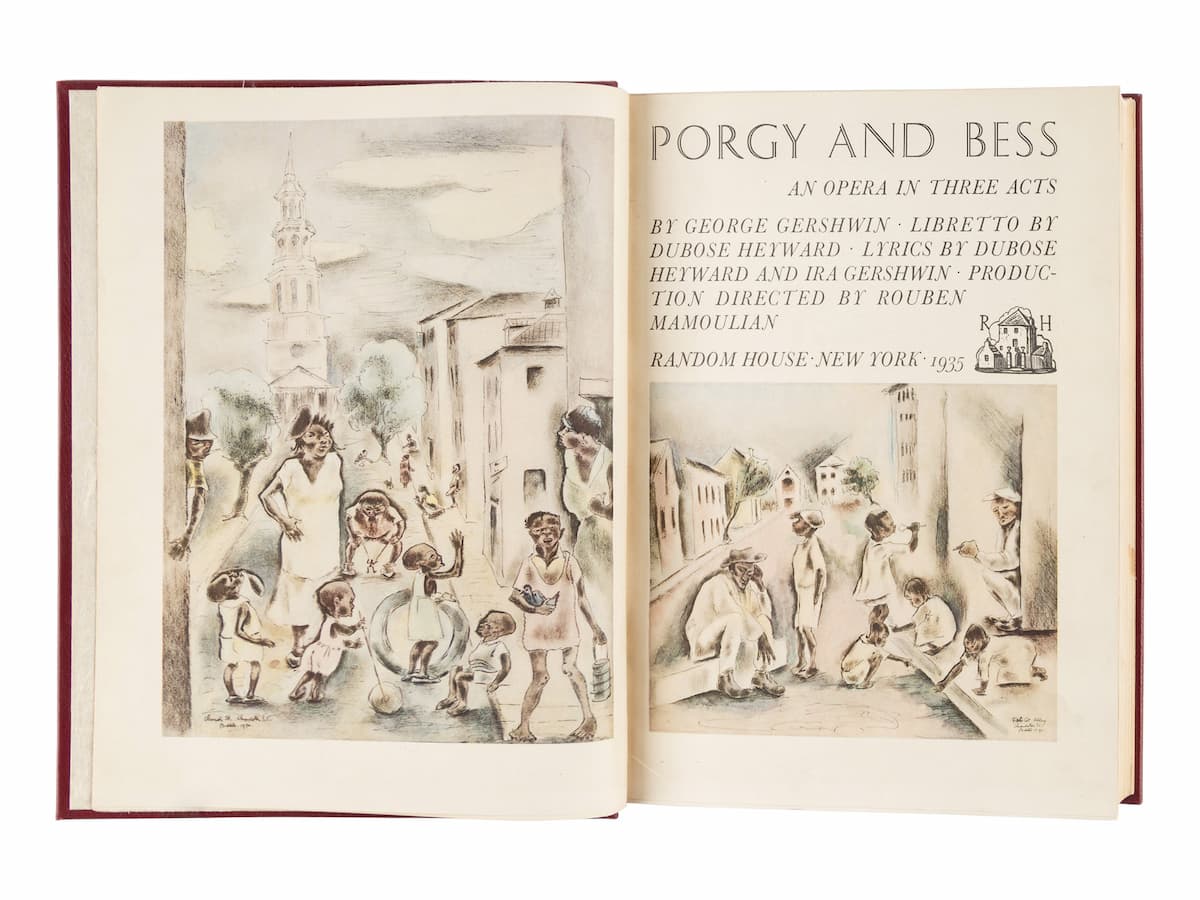
Porgy and Bess
Gershwin was proud that, although intended to emulate genuine black folk music, all the tunes were original, excepting only the vendors’ genuine street cries. He defended criticism that Porgy and Bess was less a serious opera than an excuse to string together a set of songs: “Songs are entirely in the operatic tradition. Many of the most successful operas of the past have had great songs…”
Wild’s connection to Gershwin goes back to 1942, and to a performance of Rhapsody in Blue under Toscanini. Wild would subsequently create numerous virtuoso solo piano transcriptions on themes by Gershwin, including the “Grand Fantasy” of 1973. Like Gershwin, Wild also wanted to be taken seriously, and his treatment of Gershwin’s classic is “seen as an attempt to accomplish that for both composers.
Earl Wild: Grand Fantasy on Porgy and Bess “I got plenty o’ nuttin” (Earl Wild, piano)
American Originals
Of course, Gershwin was seriously popular in Europe and everybody considered Porgy and Bess a true American original. The opera does contain some of Gershwin’s best-known melodies that can be seen as popular songs. However, it is also full of traditional musical forms, including fugue and passacaglia and “Gershwin even adopts techniques such as atonality, polytonality, polyrhythms and even parts of Schoenberg’s twelve-tone system.”
In his Grand Fantasy, Wild embraces both the popular and traditional aspects of the opera while fully exploring piano technique and sonority. As Wild wrote in 1997, “out of respect for Gershwin’s original notation, I have not changed one rhythmic value of the melodies in my transcriptions of the Seven Virtuoso Études, nor in the Grand Fantasy on Porgy and Bess.”
Earl Wild: Grand Fantasy on Porgy and Bess “Buzzard song” (Earl Wild, piano)
Introduction
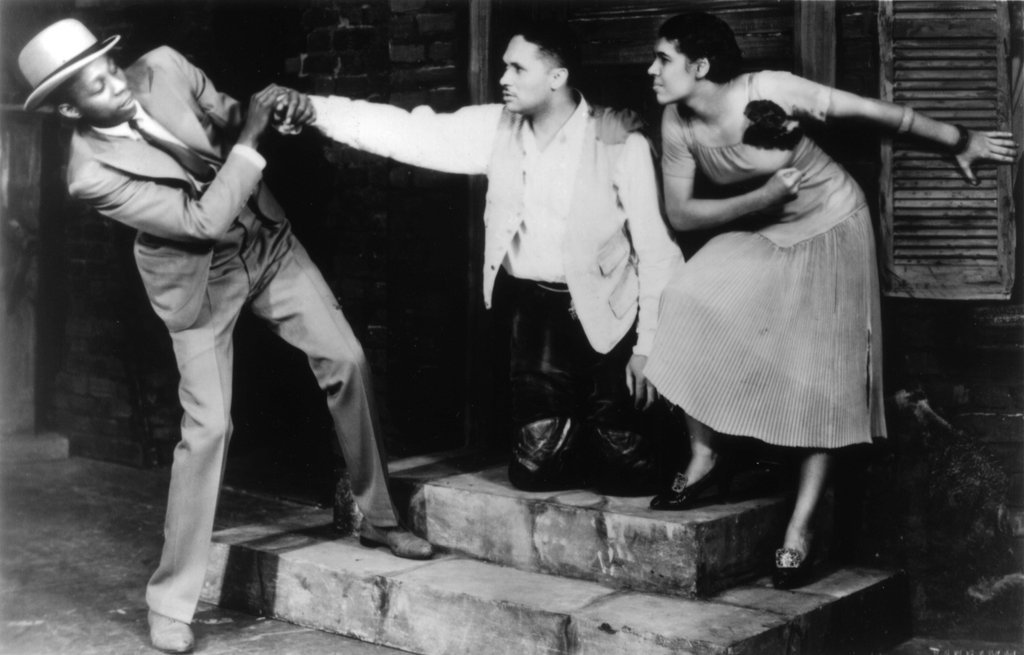
John Bubbles, Todd Duncan and Anne Brown in Porgy and Bess (1935)
Wild surprisingly starts his Fantasy with an “Introduction” that does not sound the famous rush of strings and xylophone that opens the opera and most other arrangements and transcriptions. Instead, Wild provided a jazzy cell, basically the limping Porgy’s leitmotif that returns throughout the opera, and a musical snippet that will also conclude the work.
“Jasbo Brown Blues” is named after the honky-tonk pianist who is providing musical entertainment in the room where lodgers are gambling furiously. In the meantime, Clara is singing “Summertime,” one of the most successful songs from this opera as a sweet lullaby to her daughter. This melody is heard four times throughout the Fantasy, and easily recognised by its dreamy scales and arpeggio embellishments in the upper range.
Earl Wild: Grand Fantasy on Porgy and Bess “It ain’t necessarily so” (Earl Wild, piano)
Catfish Row
With the Catfish Row people joyously heading towards a picnic, Porgy cannot join the merry party because of his injured leg. “Oh, I Can’t Sit Down” nevertheless encourages Bess to attend and not to miss this pleasant diversion. The excited passage from the introduction appears in the Fantasy, alongside a reprise of the “Jasbo Brown Blues” opening.
The musical flow now slows down considerably as “My Man’s Gone Now” is introduced. This is actually a funeral song, sung by the widow Serena at the wake of her husband, who had been killed in a brawl by Crown. “Wild emphasises the drama more than the quiet weeping, and the music soars passionately with tragic accents.”
Earl Wild: Grand Fantasy on Porgy and Bess “Bess, you is my woman” (Earl Wild, piano)
Summertime
A short musical bridge leads to another highlight from the opera. “I Got Plenty o’ Nutting” finds Porgy sharing his place with Bess, and expressing contentment and happiness. The celebratory melody bounces around in all the registers, and there is even a forearm cluster to mark Porgy’s simple celebration.
“Summertime” returns to cast a glow over Porgy’s happiness, but gloomy overtones resurface with the music of “My Man’s Gone Now” returning. The tension seriously increases with the beginning of the “Buzzard Song.” A bird of bad omen suddenly flies over Porgy’s house and threatens his happiness. The music becomes almost non-tonal, with fast runs evoking the circling flights of the bird.
Earl Wild: Grand Fantasy on Porgy and Bess “I love you, Porgy” (Earl Wild, piano)
Declaration of Love
A dramatic bridge leads to the comic centrepiece of the opera as the drug dealer offers his blasphemous view of the Scriptures. A bridge based on the opening of the “Jasbo Brown Blues” leads to the “Duet,” combining “Bess, You Is My Woman” and “I Loves You, Porgy,” the mutual declaration of love between the two.
However, the duet is short-lived as Porgy, in self-defense, kills Crown and is arrested. An aggressive bridge based on the opening of “It Ain’t Necessarily So” communicates the arrival of the drug dealer to lure Bess, who has just lost Porgy, to come with him to New York, “There’s a Boat dat’s Leavin’ soon for New York.”
Earl Wild: Grand Fantasy on Porgy and Bess “There’s a boat dats leavin’ for New York” (Earl Wild, piano)
Tristan and Isolde
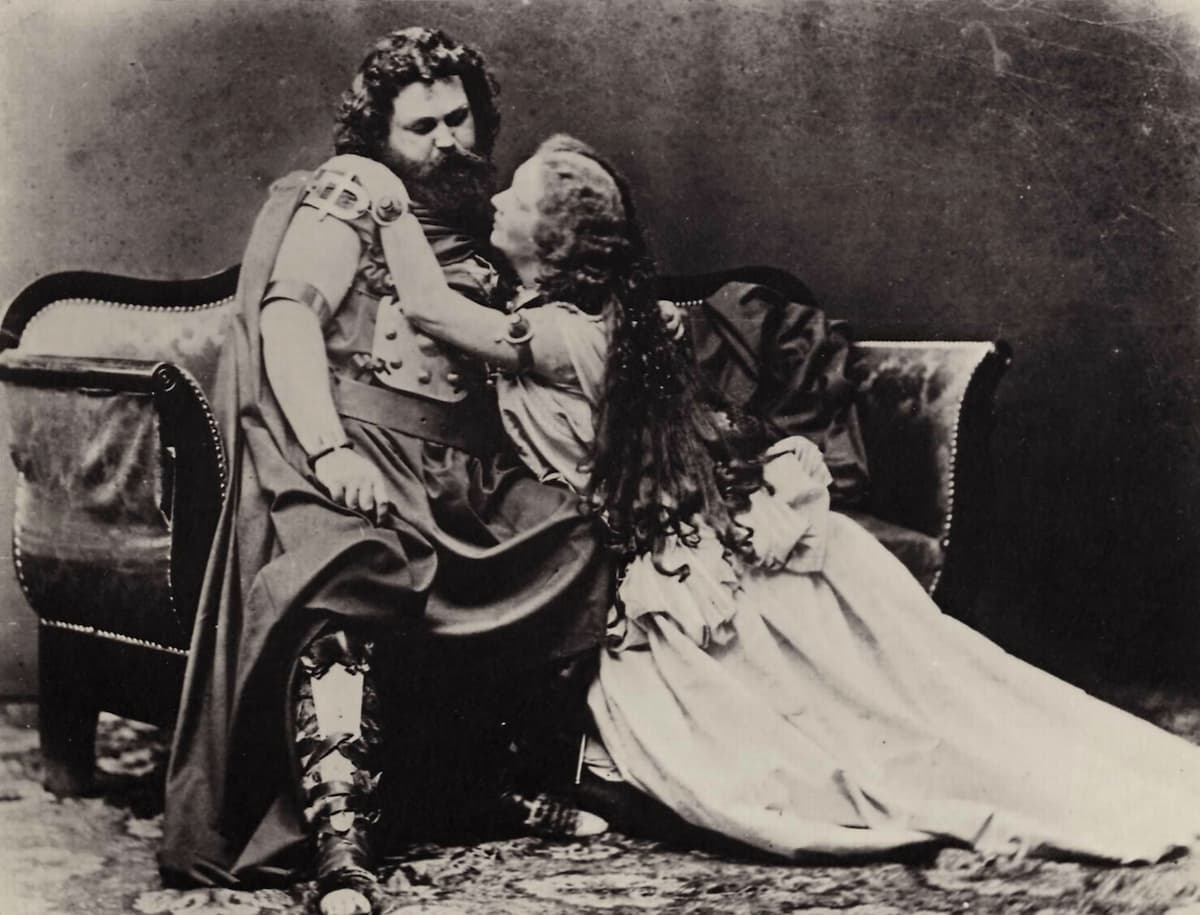
Ludwig and Malwine Schnorr von Carolsfeld in the title roles of the original production of Richard Wagner’s Tristan und Isolde in 1865.
The music slyly moves to depict the drug dealer’s successful seduction. Wild works in quotations from Wagner’s Tristan and Isolde to indicate that the love between Porgy and Bess is seemingly doomed. However, Porgy is released from jail and resolves to move to New York to look for his Bess.
The optimistic and determined “Oh, Lawd, I’m on My Way,” closes he opera, and the Fantasy, on a positive note of hope. Wild’s wonderful Fantasy beautifully combines the African-American idioms with the European operatic heritage. It is a truly Lisztian musical treatment that combines, reprises, intertwines, and revisits the central songs and recurring motifs of the opera. Wild manages to perfectly balance his own piano personality with a treatment that is respectful and faithful to Gershwin’s opera.
For more of the best in classical music, sign up for our E-Newsletter
Earl Wild: Grand Fantasy on Porgy and Bess “Oh Lawd, I’m on my way” (Earl Wild, piano)


